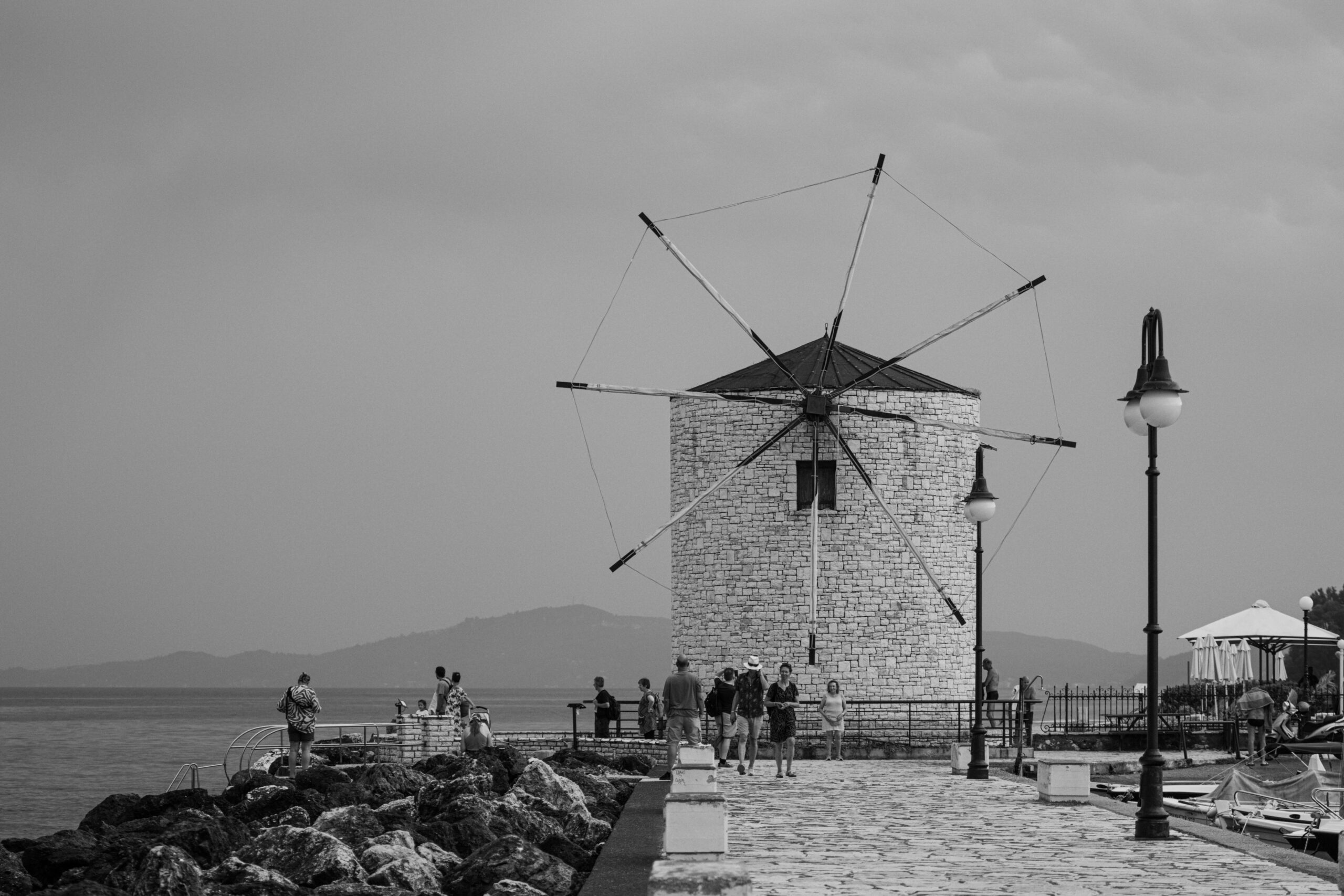Introduction
Throughout history, humanity has faced trials that test its resilience, compassion, and unity. In times of crisis and transformation, certain individuals emerge to guide, protect, and inspire. These individuals are often remembered not for their power, but for their courage and selflessness. We call them the Heroes of Humanity.
The concept of the Heroes of Humanity transcends borders, professions, and cultures. They are the protectors who embody humanity’s highest values—justice, kindness, sacrifice, and responsibility. Whether they are soldiers defending nations, doctors saving lives, activists fighting for justice, or everyday citizens performing acts of courage, these heroes remind us of the potential within us all.
This article explores who the Heroes of Humanity are, their significance, examples from history and today, challenges they face, and how we can support and even become such heroes ourselves.
What Are the  ?
?
The phrase “Heroes of Humanity” refers to individuals or groups who dedicate their lives, efforts, and talents to the preservation, progress, and dignity of human life. They are not defined by titles or fame but by their actions and the impact they leave on society.
Categories of Heroes of Humanity:
- Defenders of Peace – Soldiers, peacekeepers, and security forces who protect nations and communities.
- Healers of Humanity – Doctors, nurses, caregivers, and medical workers who save lives and provide hope.
- Voices of Justice – Activists, lawyers, and human rights defenders who stand up for fairness and equality.
- Builders of Knowledge – Teachers, mentors, and scientists who spread wisdom and inspire future generations.
- Guardians of Nature – Environmentalists and sustainability advocates who protect the planet for generations to come.
In essence, the Heroes of Humanity are people who choose service over selfishness and responsibility over indifference.
The Importance of Heroes of Humanity in Modern Society
The modern world is full of challenges—climate change, inequality, conflict, pandemics, and technological disruptions. Amid these uncertainties, the Heroes of Humanity play vital roles in creating balance and inspiring hope.
Their Key Contributions:
- Defending Human Rights: They ensure every individual’s dignity, freedom, and equality.
- Preserving Cultures and Wisdom: By protecting traditions, they safeguard the roots of human identity.
- Promoting Peace and Unity: Heroes encourage dialogue, mediate conflicts, and bring divided societies together.
- Protecting the Planet: Environmental heroes ensure future generations inherit a livable Earth.
- Inspiring Hope: Through their sacrifices, they remind humanity that compassion and resilience will always endure.
Without them, society risks chaos, corruption, and decline.
Historical Heroes of Humanity
History is filled with individuals whose actions shaped civilizations and changed the course of humanity. Some notable examples include:
- Mahatma Gandhi – Advocated non-violence and justice during India’s struggle for independence.
- Florence Nightingale – Revolutionized modern nursing and healthcare.
- Martin Luther King Jr. – Became a global icon of equality and civil rights.
- Mother Teresa – Dedicated her life to serving the poor and suffering.
- Nelson Mandela – Symbol of peace, reconciliation, and justice.
These figures represent the very essence of what it means to be a Hero of Humanity—putting humanity before personal gain.
Modern-Day Heroes of Humanity
Today, heroes continue to rise in different fields and circumstances. They may not always be widely recognized, but their contributions are invaluable.
Examples include:
- Healthcare Workers who stood at the frontlines during global pandemics.
- Climate Activists like Greta Thunberg, calling for urgent environmental action.
- Humanitarian Organizations such as the Red Cross or Doctors Without Borders, offering aid worldwide.
- Educators and Innovators who expand human knowledge and empower the next generation.
The Heroes of Humanity today prove that heroism is not about fame but about consistent service to others.
Heroes of Humanity in Culture and Media
From ancient myths to modern films, the theme of guardians and heroes resonates deeply in human culture. Superheroes in popular movies may wear capes, but their inspiration comes from real-world individuals who stand against injustice and protect the vulnerable.
These cultural representations highlight that being a hero is not about superpowers but about responsibility and compassion. The Heroes of Humanity exist both in our imaginations and in our real lives.
Challenges Faced by the Heroes of Humanity
Despite their noble missions, these heroes face immense challenges:
- Limited Resources – Many humanitarian workers and activists struggle with inadequate funding.
- Personal Risk – Soldiers, journalists, and activists often face threats to their lives.
- Opposition and Criticism – Heroes may be silenced, misunderstood, or targeted by those who oppose them.
- Burnout and Sacrifice – Carrying the Weight of Responsibility Can Take a Personal Toll.
Yet, their perseverance demonstrates the resilience of the human spirit.
How Can We Support the Heroes of Humanity?
Supporting the Heroes of Humanity is not only a duty but also a way to ensure a better world.
Here’s how we can contribute:
- Volunteer with humanitarian or community-based organizations.
- Donate to causes that protect lives, rights, and the environment.
- Raise Awareness about issues that heroes are addressing.
- Practice Kindness by standing up against injustice in everyday life.
- Show Gratitude to the teachers, doctors, and local guardians around us.
By supporting these heroes, we strengthen the foundation of humanity itself.
Frequently Asked Questions (FAQs)
What does the term Heroes of Humanity mean?
It refers to people who dedicate themselves to protecting, uplifting, and improving humanity.
Who can be considered a Hero of Humanity?
Anyone—soldiers, doctors, teachers, activists, or even everyday people—who work for the greater good.
Why are Heroes of Humanity important today?
They address critical global challenges like inequality, climate change, and conflict, ensuring a fairer future.
Can ordinary people be Heroes of Humanity?
Yes. Small acts of kindness, fairness, and courage can make anyone a hero in their own community.
How can I support the Heroes of Humanity?
By volunteering, donating, spreading awareness, and appreciating their sacrifices.
Are Heroes of Humanity always famous leaders?
Not necessarily. Many heroes work quietly behind the scenes, changing lives without recognition.
Conclusion
The Heroes of Humanity are not mythical legends but real individuals who rise above selfishness to serve others. They remind us that heroism lies not in strength or power but in compassion, sacrifice, and responsibility.
In a world facing unprecedented challenges, their role is more vital than ever. From defending peace to saving lives, from protecting nature to inspiring future generations, these heroes shape the destiny of humanity.
By recognizing, supporting, and emulating the Heroes of Humanity, we ensure that dignity, justice, and hope remain alive for generations to come.
Also Read More: Guardians of Humanity Protectors of Values, Hope, and the Future



